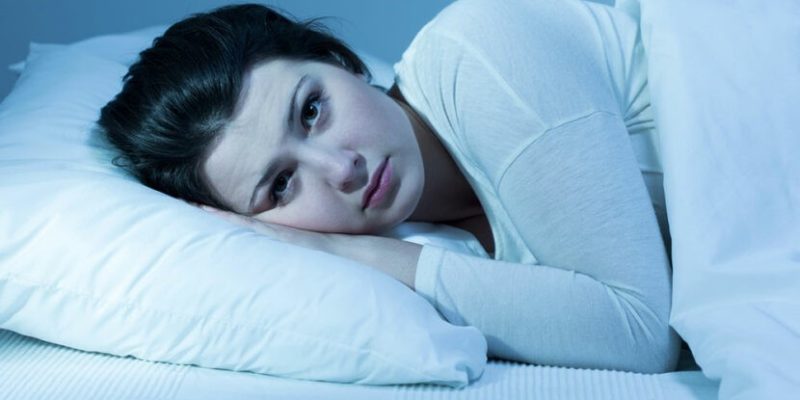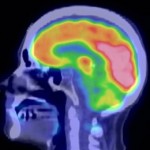Birth Control for Menstrual Cramps Carries Risks
The Dr. Oz web site says birth control pill are safe for young girls period cramps. Dr. Oz and his writers haven’t done the research because studies show the risks are great, especially for young developing bodies under the age of 18. Educate yourself and your daughters on the risk associated with oral contraception, the birth control pill. The research is overwhelming. There are serious risks to taking the pill for long periods of time and when starting usage at an early age. Dr. Larry Norton from Memorial Sloane Kettering Hospital in New York City said this on the Oprah Magazine website when asked about the safety of birth control pills.
“Birth control pills are an estrogen-progesterone combination, so they bring up the same fears as HRT. Some disagree with me, but I just don’t see a reason to take the Pill—even for younger women. The fact is, breast cancer cells, at least in the formative stages, like estrogen. So the more continuously you feed them the estrogen, the greater the likelihood you’ll have a malignancy. With the sexually transmitted diseases that we have to worry about nowadays, I think barrier methods make a lot more sense.”
Say no to birth control pills for young girls painful menstrual cramps. There are better, safer, natural choices to relieve menstrual cramps and PMS. The “PILL” was never intended to be used for severe menstrual cramps. Do your own research, because too often doctors don’t even know these studies exist. Learn about herbal remedies for period cramps have been relieving menstrual cramps and PMS for hundreds of years. There are many natural alternatives for period pain. Learn about ours here. Natural options such as Traditional Eastern herbal combinations have been used for generations, safely,most and are successful at relieving menstrual cramps and most period symptoms.



